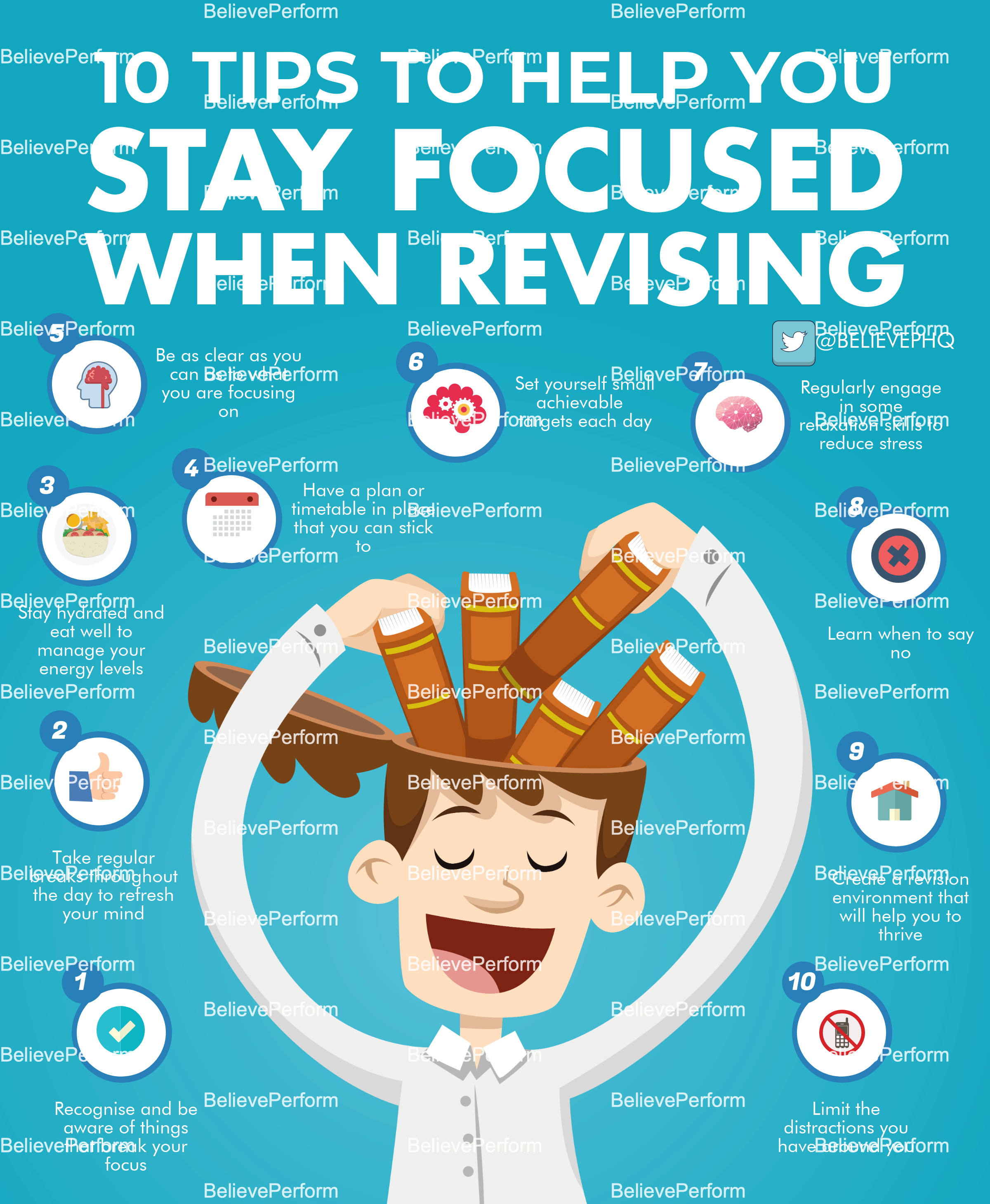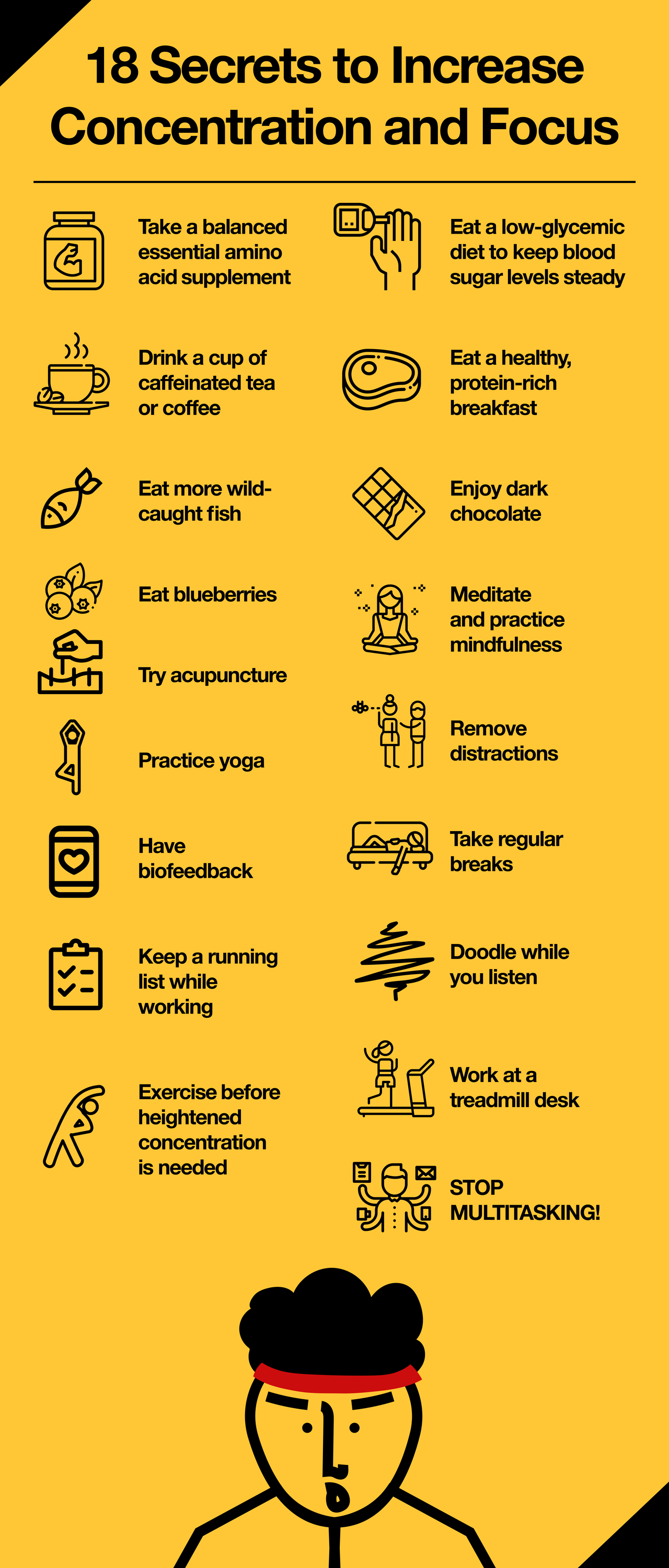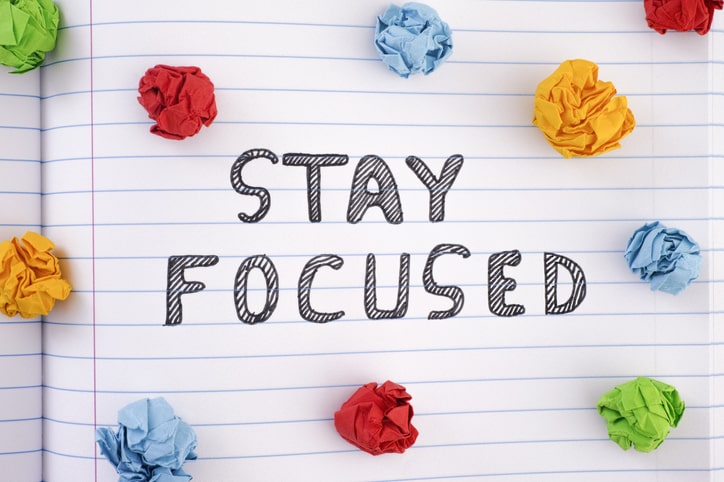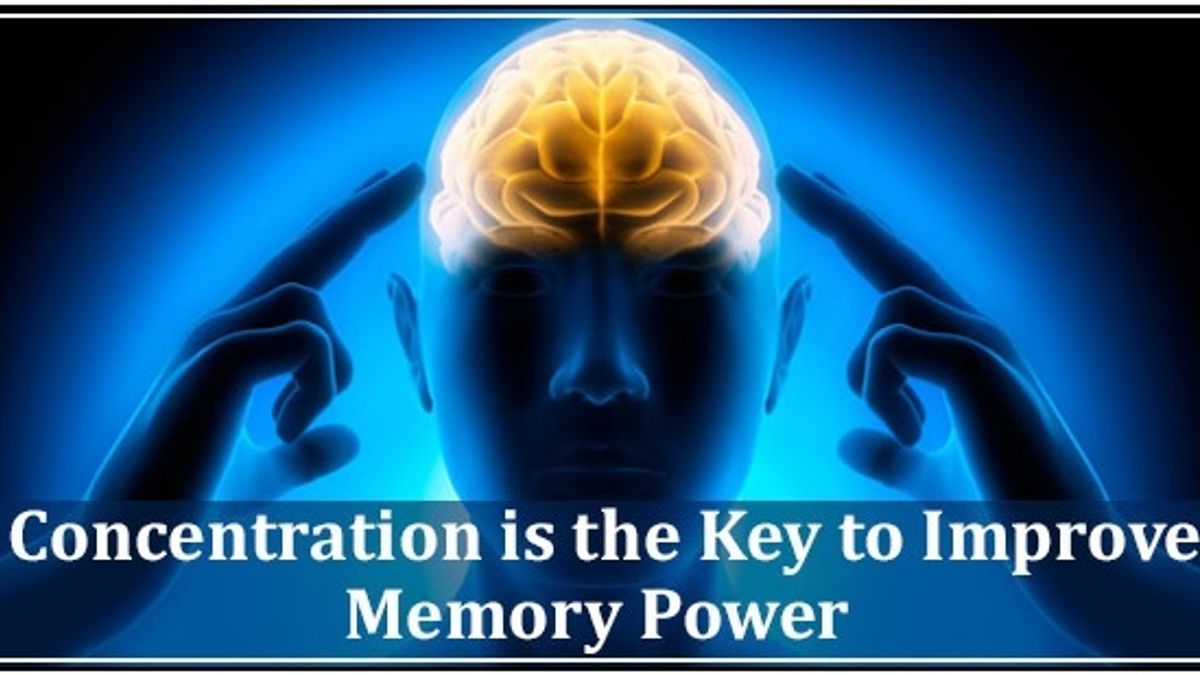Can Keep You Alert And Sharpen Your Concentration
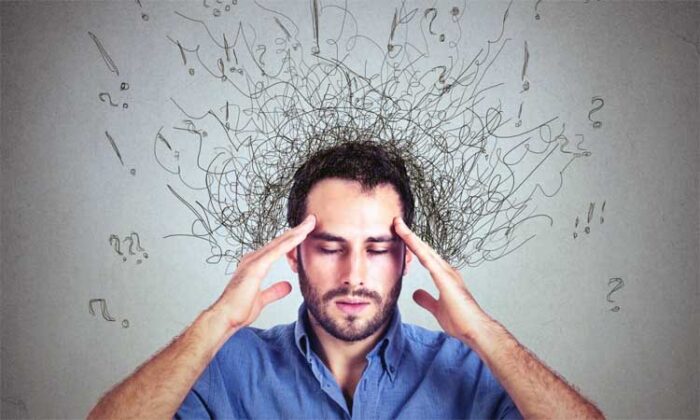
In today's relentlessly demanding world, the quest for cognitive enhancement has become a widespread pursuit. From students cramming for exams to professionals navigating complex projects, the need for heightened alertness and sharpened concentration is a constant pressure.
While pharmaceutical solutions exist, growing interest lies in exploring accessible, non-pharmacological methods to boost cognitive performance. A particular practice, often overlooked amidst the clamor for quick fixes, is demonstrating surprising efficacy in promoting focus and vigilance: mindfulness meditation.
The Power of Present Moment Awareness
At its core, mindfulness meditation involves training the mind to focus on the present moment without judgment. This practice, rooted in ancient Eastern traditions, has increasingly gained traction in Western scientific research for its potential cognitive benefits.
"Mindfulness is about paying attention in a particular way: on purpose, in the present moment, and nonjudgmentally," - Jon Kabat-Zinn, Founder of Mindfulness-Based Stress Reduction (MBSR).
The key lies in cultivating awareness of thoughts, feelings, and bodily sensations as they arise, without getting carried away by them. Regular practice can strengthen attention spans and enhance concentration levels.
The Neuroscientific Evidence
Neuroimaging studies have provided compelling evidence of the structural and functional changes in the brain associated with mindfulness meditation. These changes suggest a tangible impact on cognitive abilities.
Research published in journals like NeuroImage and the Journal of Cognitive Neuroscience demonstrates that mindfulness practice can increase gray matter density in brain regions associated with attention regulation, such as the prefrontal cortex and anterior cingulate cortex.
Furthermore, functional connectivity between these regions strengthens, indicating improved communication and efficient processing of information. This translates into enhanced focus and reduced distractibility.
Mindfulness vs. Other Techniques
Compared to other methods for improving alertness, such as caffeine consumption or engaging in stimulating activities, mindfulness meditation offers a more sustainable and holistic approach. While caffeine can provide a temporary boost, it often leads to crashes and dependence.
Mindfulness, on the other hand, cultivates a deeper, more stable foundation for cognitive function. It addresses the underlying mental habits that contribute to distractibility and mind-wandering.
Dr. Amishi Jha, a neuroscientist at the University of Miami, has conducted extensive research on the effects of mindfulness training on attention in high-stress populations, such as military personnel. Her work highlights the potential of mindfulness to buffer against the detrimental effects of stress on cognitive performance.
Beyond Alertness: Broader Cognitive Benefits
The benefits of mindfulness extend beyond mere alertness and concentration. Studies suggest that it can also improve working memory capacity, enhance cognitive flexibility, and promote emotional regulation.
Improved working memory enables individuals to hold and manipulate information in their minds more effectively. Increased cognitive flexibility allows for smoother transitions between different tasks and perspectives.
Furthermore, mindfulness can reduce stress and anxiety, which are known to impair cognitive function. By cultivating a sense of calm and equanimity, mindfulness creates a more conducive mental environment for optimal performance.
Practical Implementation
Integrating mindfulness into daily life doesn't require extensive time commitments or specialized equipment. Even brief, regular sessions can yield significant benefits. Starting with just 5-10 minutes of daily practice can be a good starting point.
There are numerous guided meditation apps and online resources available to assist beginners. These resources provide structured exercises and instructions to help cultivate mindfulness skills.
Simple mindfulness exercises include focusing on the breath, paying attention to bodily sensations, or observing thoughts and feelings without judgment. Consistency is key to experiencing the full benefits of mindfulness.
Challenges and Considerations
While mindfulness offers significant potential for cognitive enhancement, it's important to acknowledge certain challenges. Some individuals may find it difficult to quiet their minds or maintain focus during meditation.
Others may experience uncomfortable emotions or sensations as they become more aware of their inner world. It is crucial to approach mindfulness with patience and self-compassion.
If individuals experience significant distress or mental health concerns, seeking guidance from a qualified mental health professional is recommended. Mindfulness should not be considered a substitute for professional treatment.
The Future of Mindfulness and Cognitive Enhancement
The field of mindfulness research is rapidly evolving, with ongoing studies exploring its potential applications in various domains. From education and healthcare to business and sports, mindfulness is increasingly being recognized as a valuable tool for enhancing cognitive performance and well-being.
Future research may focus on optimizing mindfulness interventions for specific cognitive deficits or populations. Exploring the synergistic effects of mindfulness with other cognitive enhancement techniques is another promising area of investigation.
Ultimately, the integration of mindfulness into mainstream society holds the potential to transform our relationship with our minds, fostering greater awareness, focus, and resilience in an increasingly complex world. By learning to cultivate present moment awareness, we can unlock our cognitive potential and navigate life's challenges with greater clarity and ease.




